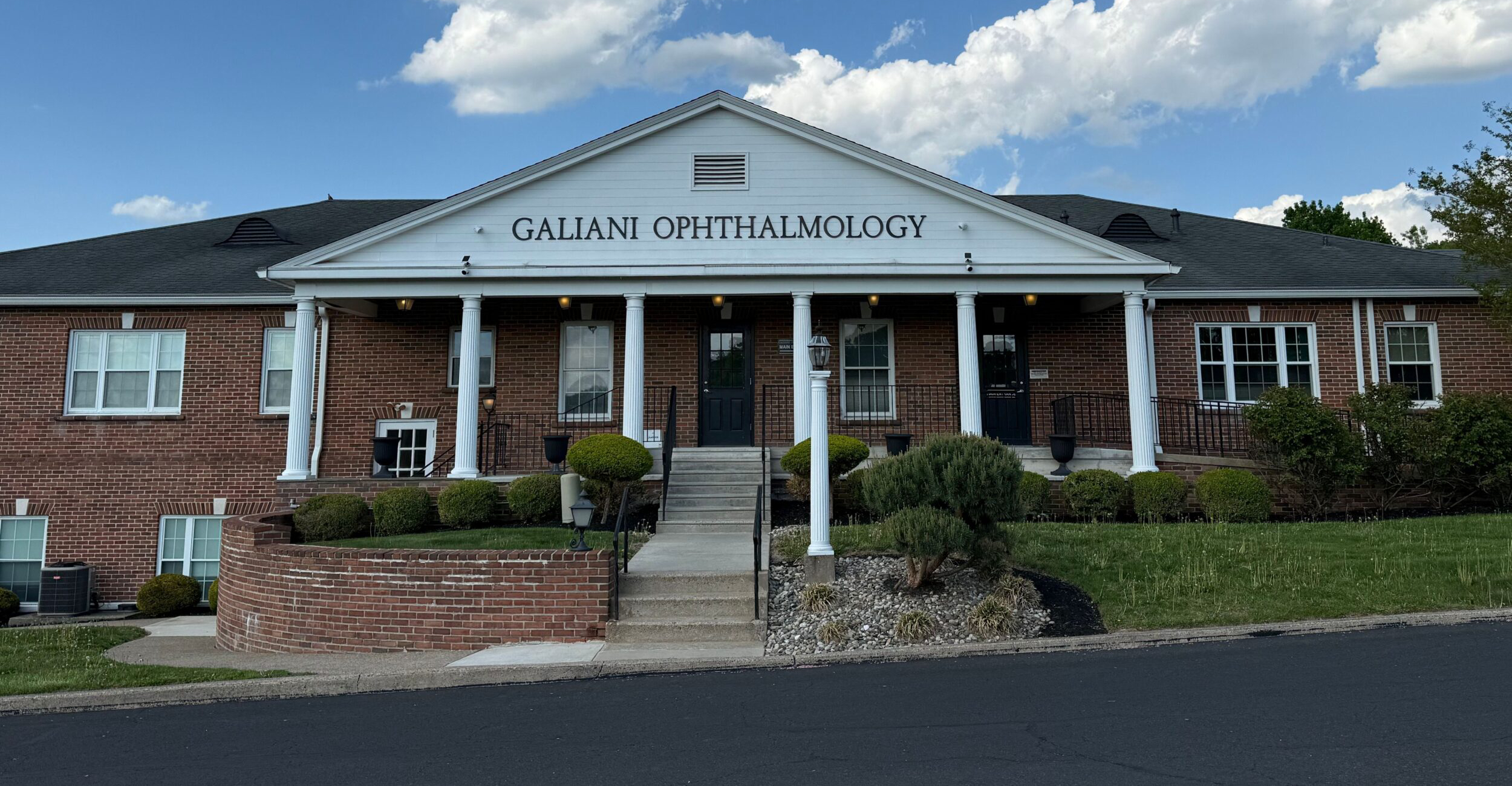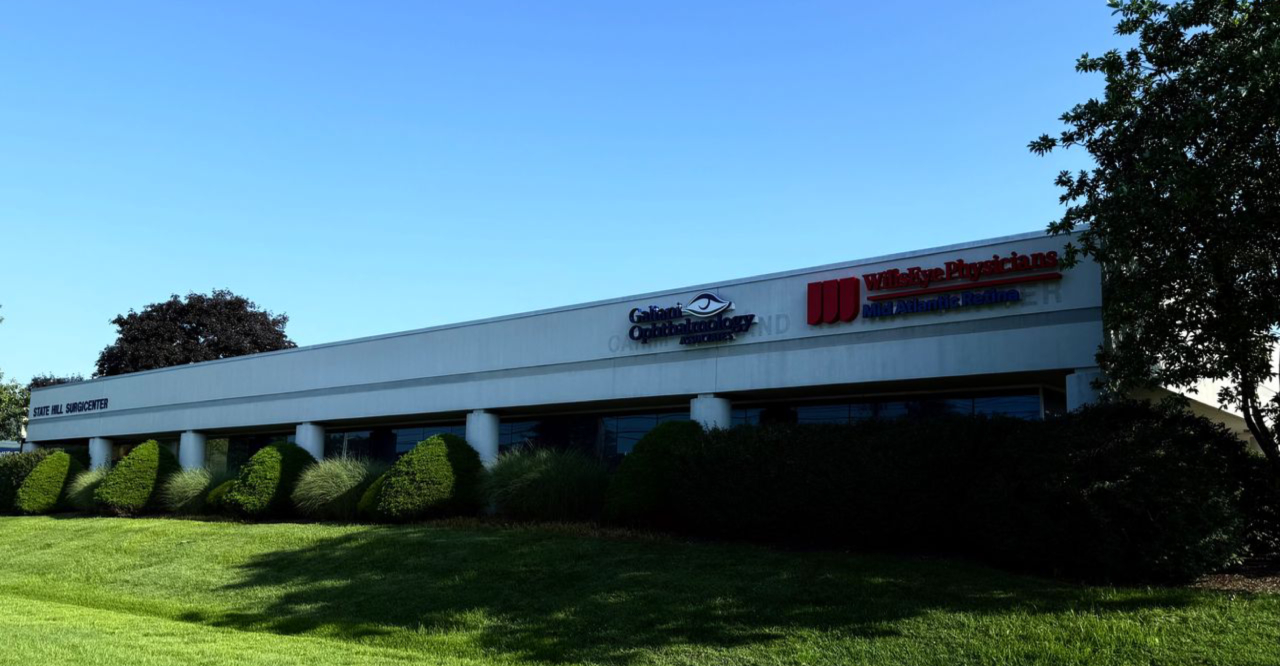Patients should see their doctor at least every one to two years for a comprehensive eye exam with dilation. Comprehensive eye exams not only test for the progression of refractive errors but also are a valuable tool for the early detection of eye disease. Common eye conditions such as Myopia (nearsightedness), Hyperopia (farsightedness) or Astigmatism (corneal curvature) can be diagnosed during a comprehensive eye exam.
Myopia, Hyperopia, Presbyopia and Astigmatism can be corrected with glasses or contact lenses after the refraction is performed. Eye disorders and diseases can also be detected during a comprehensive eye exam such as Glaucoma, Posterior Vitreous Detachments, Diabetic Retinopathy, Macular Degeneration and Retinal holes, tears or detachments to name a few. Early detection is essential to planning an effective method of treatment.

